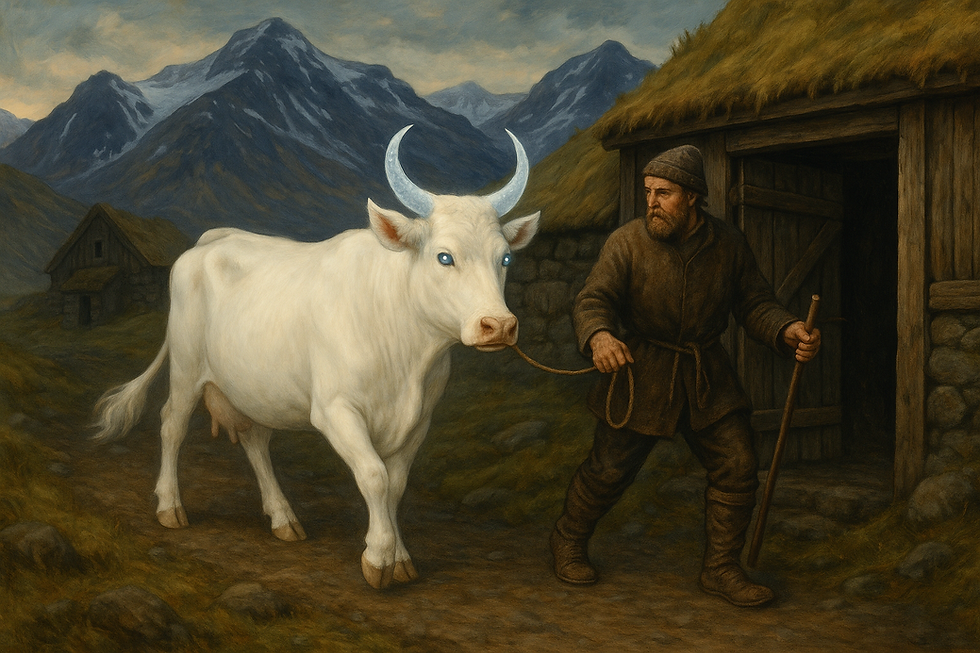THE LAST CERTAINTIES HAVE FALLEN, MOSQUITOES HAVE BEEN FOUND IN ICELAND FOR THE FIRST TIME
- Roman Pech
- 22. 10.
- Minutes of reading: 2
Reykjavík / Kjós, 21 October 2025 - A country that has long prided itself on not having a single mosquito living in it has just lost its exception. A small event of great significance has definitively changed Iceland's status as a mosquito-free country.

Icelandic amateur entomologist Björn Hjaltason discovered in his garden in the valley Kiðafell in Kjós several mosquito specimens, which were subsequently identified by experts as a species of Culiseta annulata - a hardy insect common in northern Europe.
"When I first saw them, I couldn't believe my eyes. We just never had mosquitoes in Iceland," Hjaltason told Icelandic radio RÚV.
ENTOMOLOGISTS CONFIRM THE FIRST OCCURRENCE
The identification was made by Matthías Alfreðsson from the Icelandic Institute of Natural Sciences. According to him, this is not an isolated finding of a stray individual, but a sign that the species can at least temporarily establish itself in Icelandic conditions.
"Culiseta annulata is a relatively hardy species. It tolerates cold and can overwinter in shelters - cellars, barns or caves. This gives it a chance to survive in Iceland," Alfreðsson told the daily Morgunblaðið.
Iceland is losing one of its special features - together with Antarctica, it was one of the last places on Earth where mosquitoes did not live.
Former Prime Minister Sigmundur Davíð Gunnlaugsson (2013-2016) claims he was bitten by a mosquito. As a former politician, he credits himself with being the first.
THE PRIME SUSPECT. CLIMATE CHANGE
Experts link the finding primarily to the advancing warming. According to the Icelandic Meteorological Service, the country has been warming in recent decades. four times faster than the Northern Hemisphere average. Milder winters, more standing water and longer growing seasons are creating an environment that mosquitoes are beginning to enjoy.
"The fact that they have appeared here is further proof that the climate boundaries are shifting. What wasn't possible before is now a reality," the climate scientist pointed out Einar Pálsson from the University of Iceland.
SYMBOLIC MOMENT
Although scientists don't yet know if the mosquitoes can reproduce and form a stable population, the finding itself is considered a symbolic breakthrough. Iceland has long been the "last stronghold" without mosquitoes - a place that proved that rugged nature can sometimes be an advantage.
"We can call it the end of a myth," wrote the Icelandic server Vísir.
There were also humorous reactions on social media - for example, former Prime Minister Sigmundur Davíð Gunnlaugsson remarked wryly that he "may have been the first Icelandic to be bitten by a mosquito".

WHAT'S NEXT
The health risk, according to experts negligible. Type Culiseta annulata does not transmit tropical diseases and most specimens are unlikely to survive the winter. Still, scientists plan to monitor whether the mosquitoes reappear in the spring.
"This is a small event with a big significance. If the mosquitoes can be sustained in Iceland, it will be further proof that our climate is changing faster than we thought," Alfreðsson concludes.



Comments